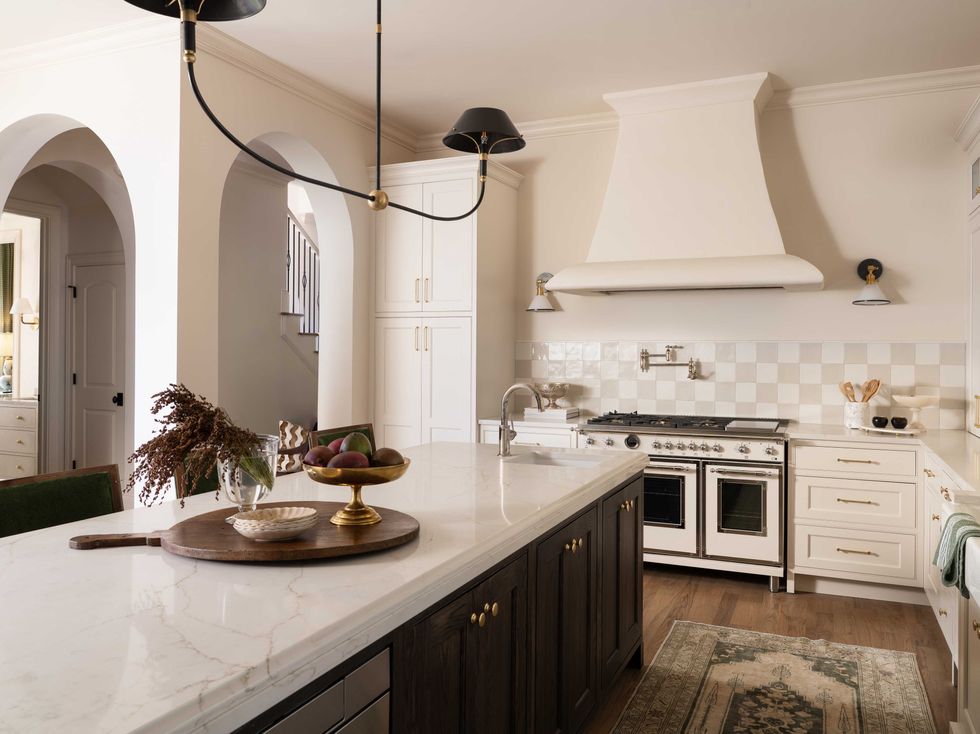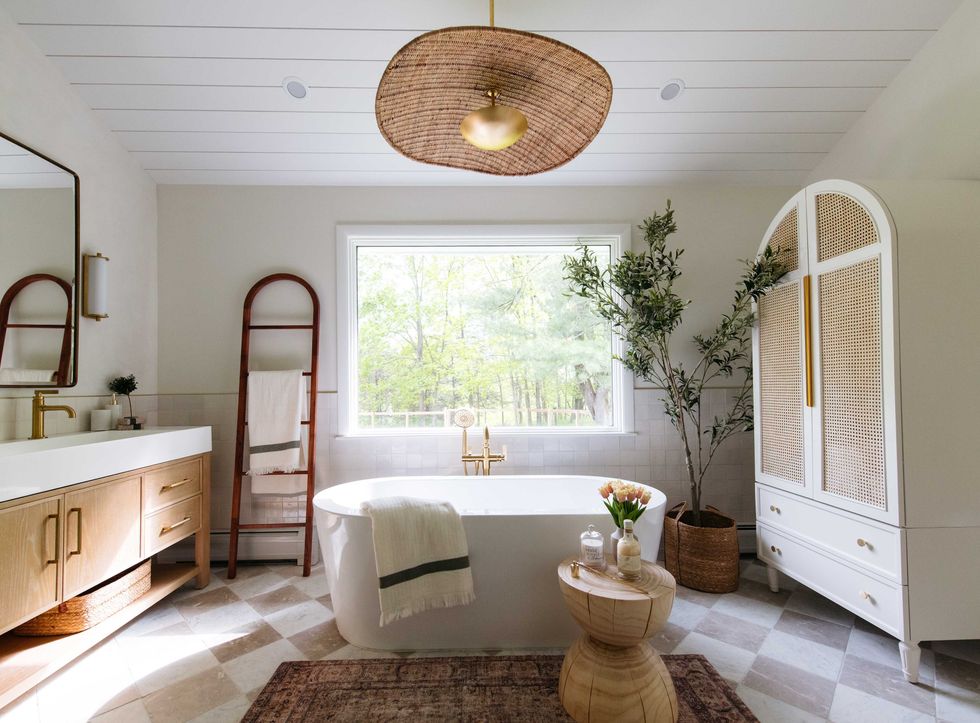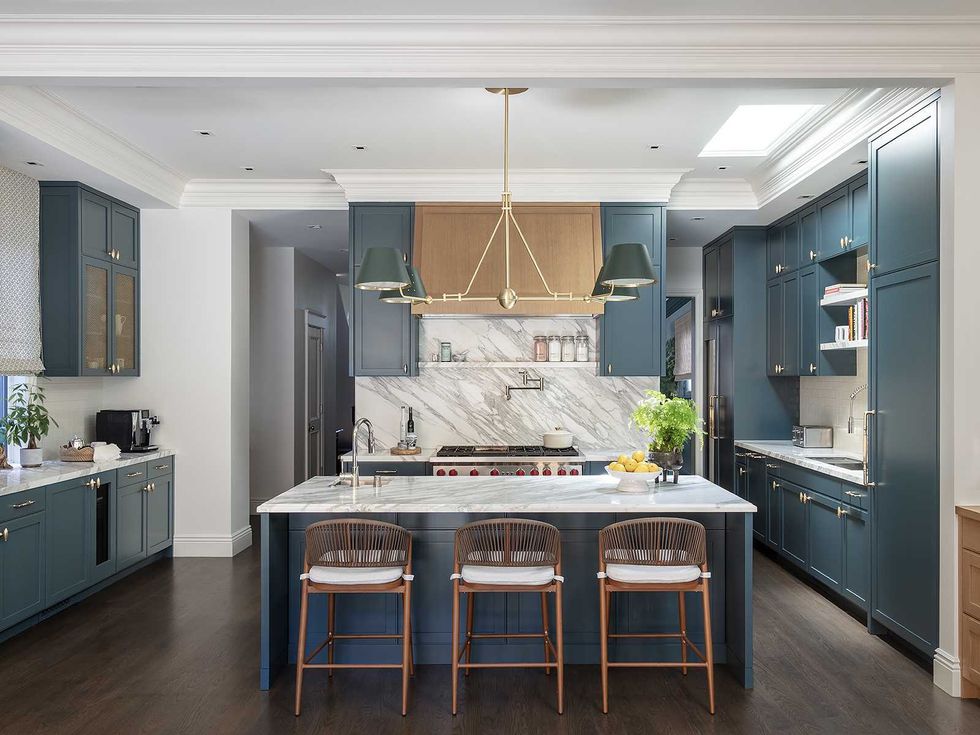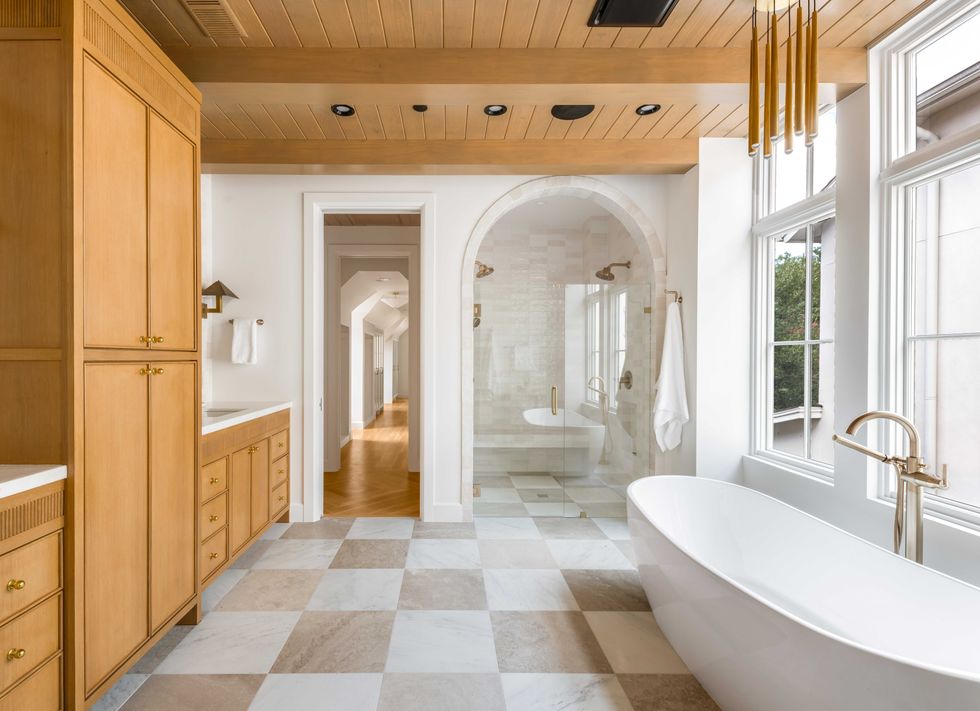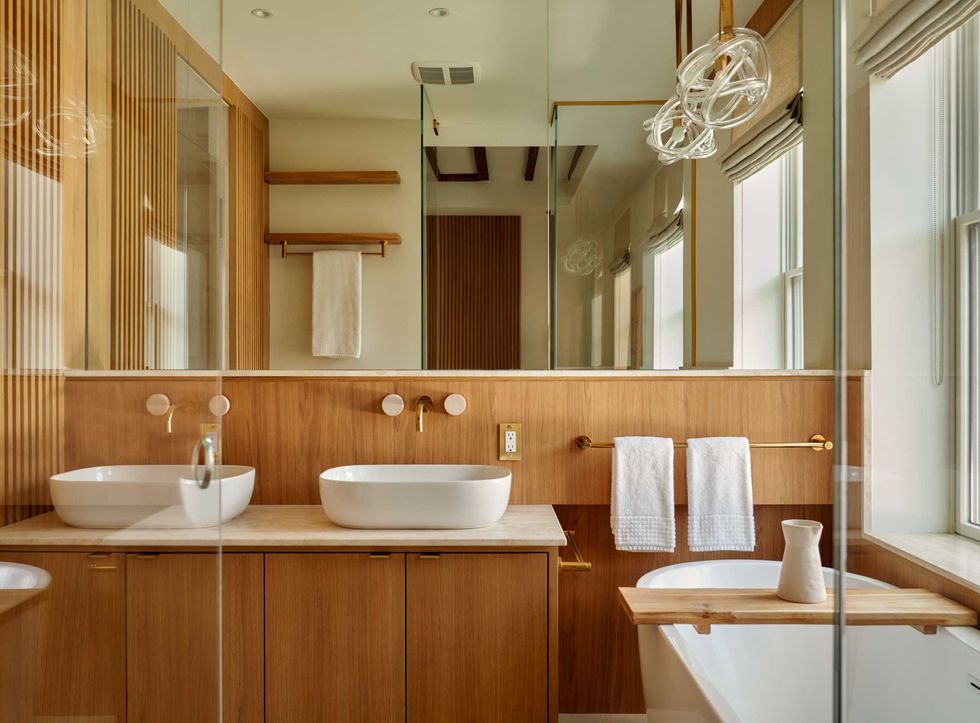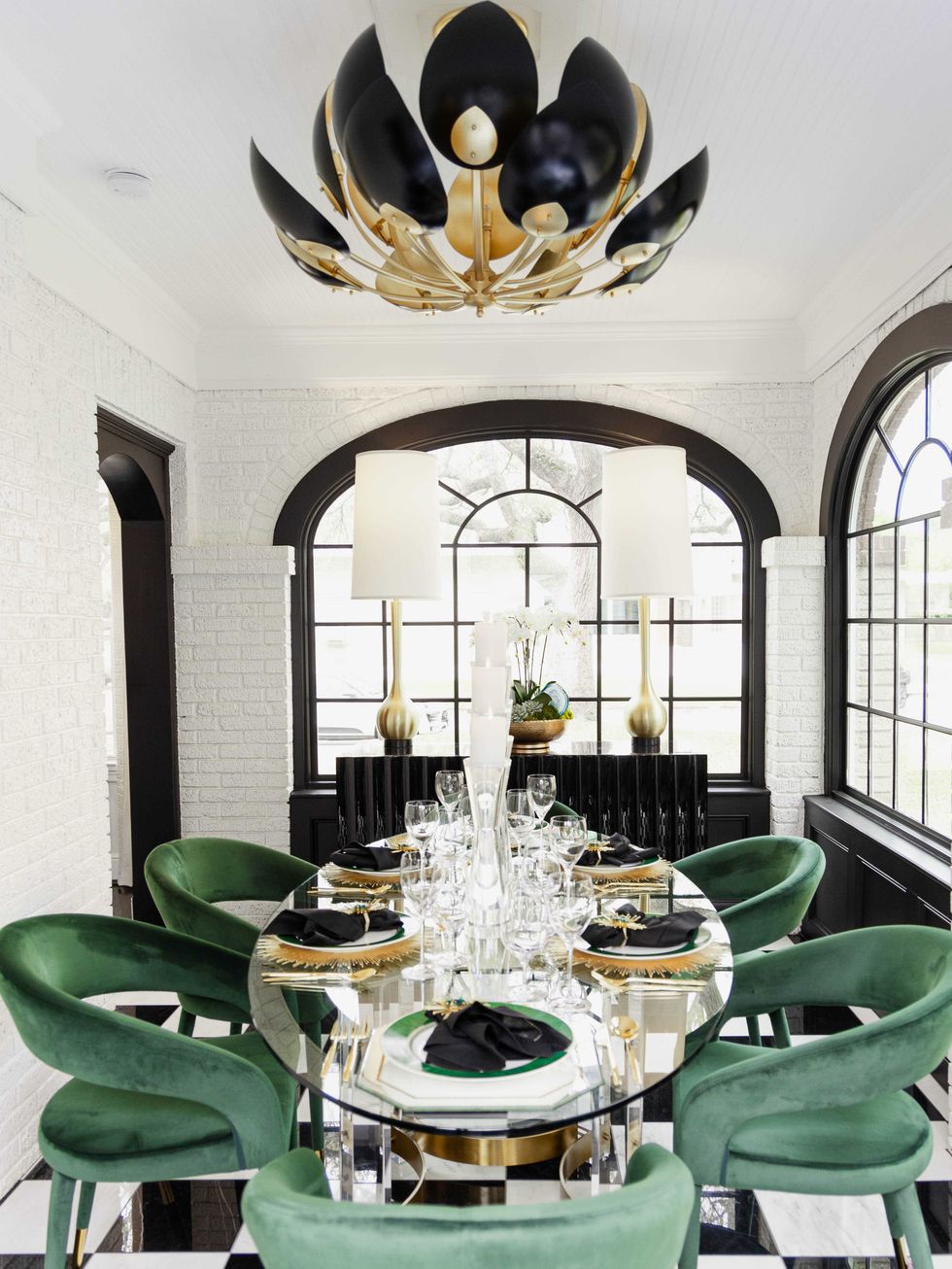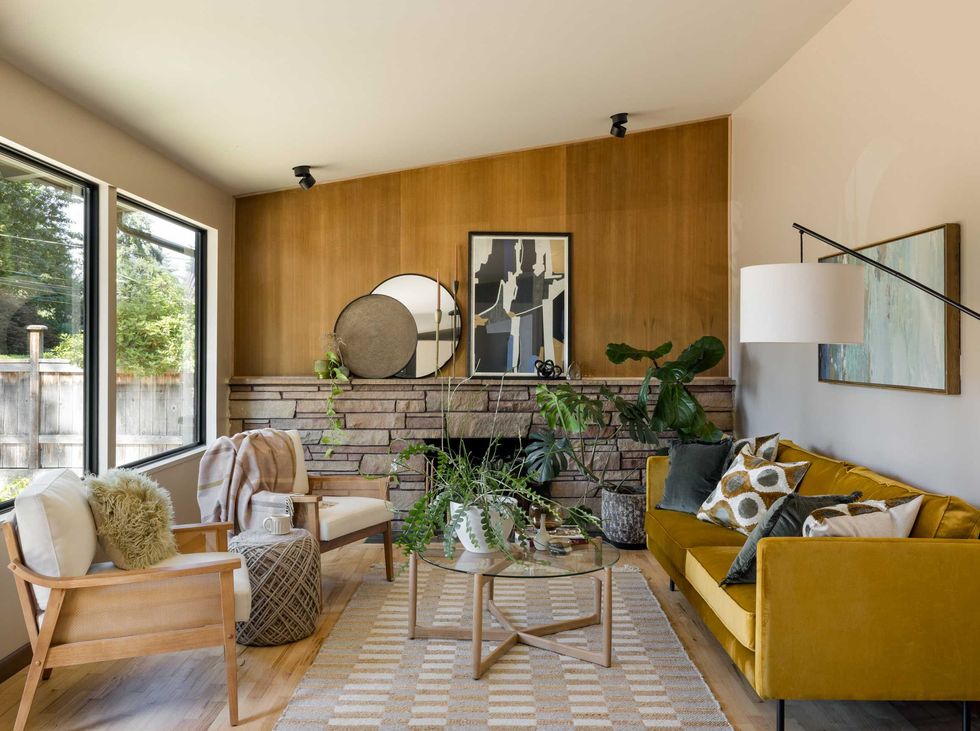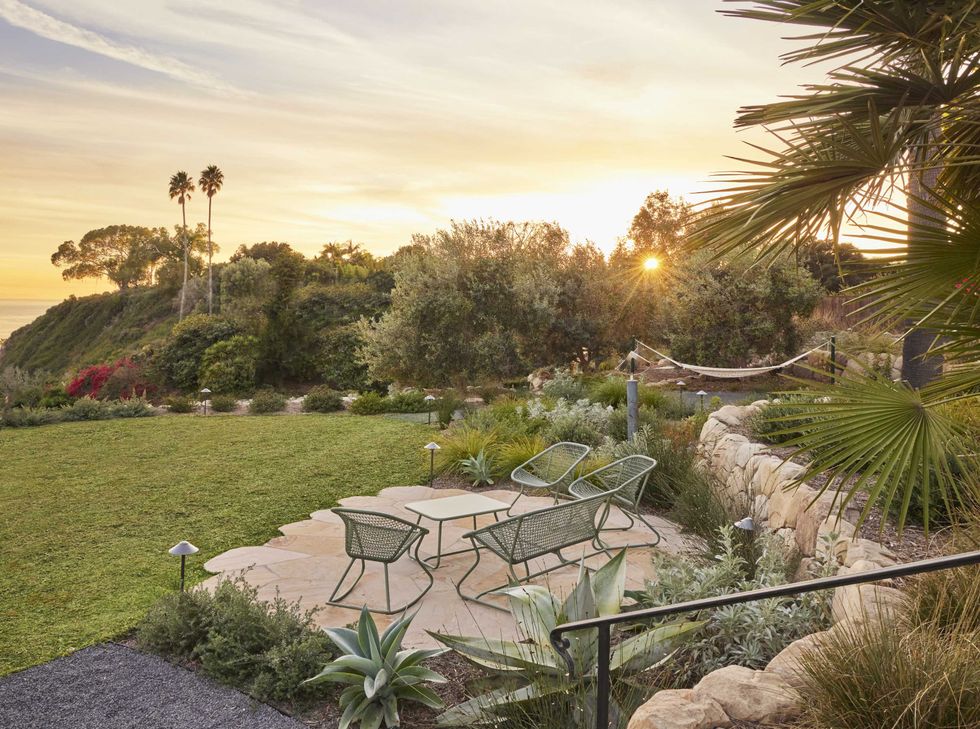Recycling News
Dallas' top salvage store gets us through COVID-19 with crafty DIY kits

If you like old stuff — and who in their right mind doesn't — then you know about Orr-Reed Architectural Co., the Dallas home decor retailer specializing in salvaged goods.
If you're in the market for a vintage stove, a swanky chandelier, a pedestal bathroom sink, some glass doorknobs, real hardwood flooring, a wrought iron plant stand, a statement mantel, a glorious Craftsman-era mahogany door, leaded glass windows, well this is your place.
Originally founded as Orr-Reed Wrecking in 1946, the sprawling store sits down by the Trinity River and is a favorite destination for designers, flippers, and handymen, looking for that signature weathered piece that will transform cookie-cutter into cool.
They're also famous for their reliable supply of shiplap wood, which has enjoyed a surprising longevity as a decorative statement, remaining one of their hottest items.
Until coronavirus, that is.
DIY kits
Hardware stores are considered an essential business, and so Orr-Reed was allowed to stay open during Dallas County's current shelter-in-place order (although they have shortened their hours). But owner Hannah Hargrove knew they could not live on shiplap alone.
Enter her life preserver, aka the "DIY kit," a new series of crafty home projects using Orr-Reed's vast stockade of vintage materials.
"I had always thought about doing kits, but we had our hands full and I never had the time to develop the idea," Hargrove says. "Now, obviously, we have the time."
Her first kit idea was a custom hook rack, using small doorknobs attached to a strip of weathered wood, each propped against a metal keyhole (called an escutcheon plate). Simple, original, and highly functional, with a motley mixture of materials — some brass, some steel, some painted, some glass — that added loads of character and made each piece one-of-a-kind.
The racks turned out to be a smash: A deluge of orders came in. Not only was Orr-Reed utilizing their in-house treasure trove, the staff was suddenly busy, with office manager Gaia Moffa assisting on ideas and orders, and builder Johann Huebschmann overseeing construction.
They make each kit to order, and they'll tailor it to whatever skill level is required. You can pick up the materials and assemble it yourself. Or, if you don't have tools, they can pre-drill holes and other make-ready tasks, giving you a halfway assembled kit to finish at home. Or, maybe you just want to pick out the materials and let them build it entirely.
Finger on the pulse
With production on the knob racks underway, Hargrove hatched her next idea: birdhouses, with prices starting at $20, depending on choice of hardware and level of assembly.
The third kit idea was the simplest but most successful: planter boxes, made from raw pine (so that no chemicals leech into the ground), in a variety of sizes, ready for pickup or delivery to your backyard, to be filled with potting soil and your future gardening project.
The planter box was a brilliant stroke not only because it's the right time of the year, but also because the coronavirus has inspired people to want to grow their own vegetables. Hargrove has her finger on the pulse.
The birdhouse idea came from her awareness of what parents were dealing with while sheltering in place.
"I belong to some mom groups on Facebook, and I know there are all these parents home with their kids who have to come up with ideas and need something for their creative outlet," she says. "There are people who want to do a craft, who want to make something, but don't have access to power tools and can't be cutting wood."
Keeping the mission alive
Hargrove, who co-owns the store with her mother Michelle, is nimble and highly creative. She's weathered some unexpected twists and turns including the death of her father John, who first acquired the company in 1993 and who was murdered in a club in 2013 (she wrote about it here).
But she's managed to keep alive the mission of the original founders: to champion not only the act of recycling but also the intrinsic value of older things, while preserving the architectural heritage of Dallas.
"Old stuff was made better," she says. "You can buy a new door, but it won't have the same staying power as a vintage solid wood door made by a master craftsman — a door that will last you until your house is not there anymore."
It's why she wants to keep her doors open through the lockdown and beyond.
Meanwhile, she has her next kit idea: mini greenhouses made from beautiful casement windows nearly a century old. "I think they're going to be popular," she says.

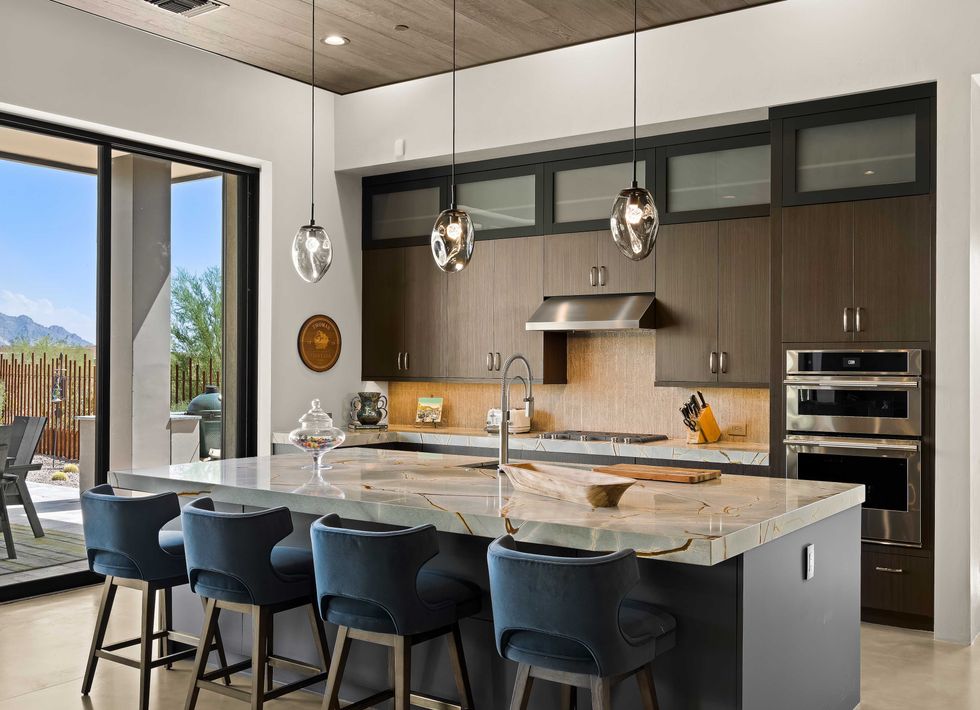 Flat-panel cabinetry provides a seamless look that is also practical for being easy to clean.Photo by JM Real Estate Photography / Celaya | Soloway Interiors
Flat-panel cabinetry provides a seamless look that is also practical for being easy to clean.Photo by JM Real Estate Photography / Celaya | Soloway Interiors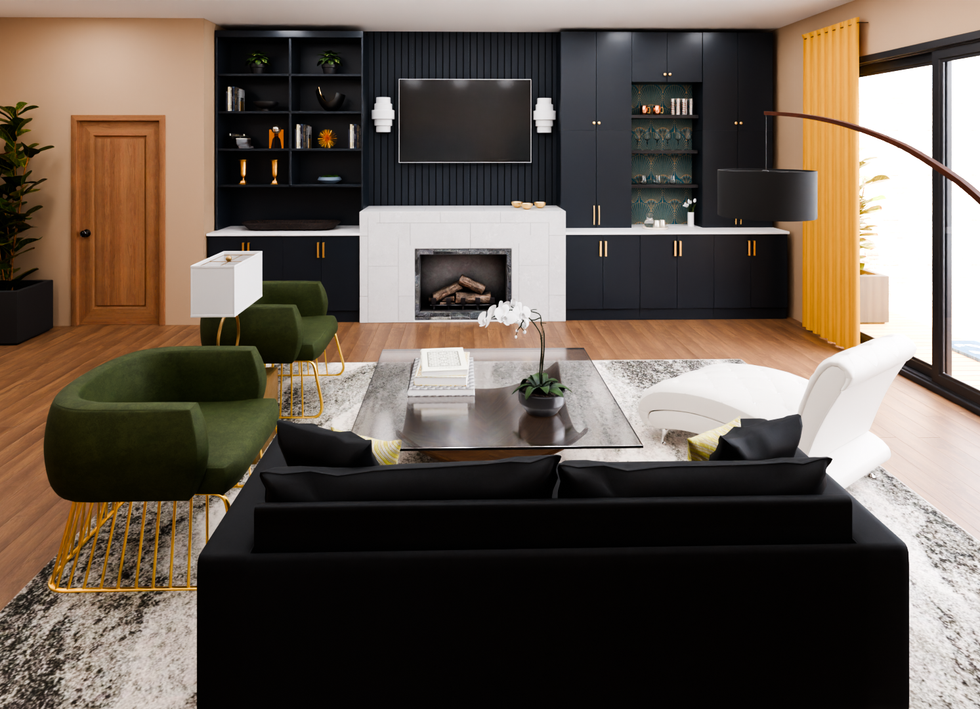 This built-in wall combines a bar with the fireplace, TV, decorative shelving, and closed storage spaces.Rendering courtesy of Houzz
This built-in wall combines a bar with the fireplace, TV, decorative shelving, and closed storage spaces.Rendering courtesy of Houzz